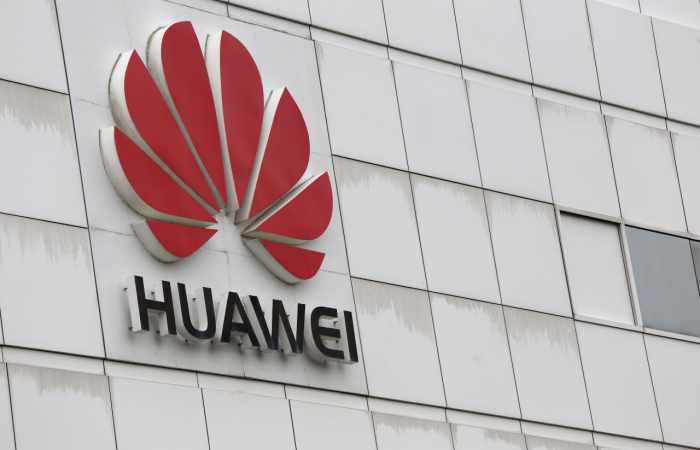Robert Strayer, a deputy assistant secretary at the US state department, said on Monday that Huawei “was not a trusted vendor” and any use of its technology in 5G networks was a risk, contradicting the British stance.
The official said if an “untrusted vendor” was used by the UK or another western country, the US would “have to reassess the ability for us to share information and be interconnected” – implying that intelligence-sharing arrangements could be at risk.
Last week, a tense UK national security council (NSC) meeting narrowly approved in principle allowing Huawei to supply “non-core” 5G technology, despite objections from five of the cabinet ministers present and months of US lobbying.
The decision was leaked to the Daily Telegraph, prompting an inquiry in which ministers, advisers and officials will be interviewed, and which will probably lead to calls for the leaker to be sacked, regardless of their seniority.
Westminster has been dominated by speculation about the identity of the leaker, with the focus on the five ministers who raised concerns about Huawei, including the foreign secretary, Jeremy Hunt, the home secretary, Sajid Javid, and the defence secretary, Gavin Williamson.
One Conservative MP opposed to letting Huawei supply technology praised the US intervention. Bob Seely said: “Robert Strayer’s remarks are common sense. Huawei cannot, by definition, be a trusted vendor. It is required by law to cooperate with Chinese secret services. It is close to, if not part of, the Chinese state.”
The remarks echo remarks made by Hunt, who reiterated his concerns about Huawei on Monday as he embarked on a week-long official visit to Africa.
Hunt, widely considered to be a Conservative leadership candidate, said there should be “a degree of caution” because of a 2017 Chinese law that “requires all Chinese companies, whatever their ownership, to cooperate with Chinese intelligence services on any occasion”.
Downing Street responded on Monday by saying it had taken concerns about Huawei seriously. Theresa May’s spokesman said: “Our position has always been that where national security concerns arise in any foreign investment, the government will assess the risks and consider what course of action to take.”
Huawei says it is a privately held company, independent of the Chinese state, owned largely by its employees, and has worked supplying phone technology in the UK for a decade and a half without problems.
Britain’s intelligence agencies generally believe Huawei needs to be monitored – a task delegated to a unit of GCHQ known as “the cell”, which examines the software it uses to see if there are any covert backdoors or other weaknesses that could be exploited by China.
But confidence in that monitoring is not shared by the Trump administration. Repeating rhetoric used by US intelligence agencies last week, Strayer said countries that adopted Huawei technology risked handing China “a loaded gun”, amid fears the technology could be used for mass surveillance.
In a special briefing for journalists organised by the US state department, Strayer said such decisions were something that “western democracies who are concerned about human rights need to think carefully about”.
Although Strayer was simply restating the US position on Chinese telecoms equipment, the briefing was clearly a calculated intervention after the leak of the Huawei decision in the UK.
Earlier on Monday, the Conservative MP Jacob Rees-Mogg said he thought the leak inquiry was a distraction from what he described as “a fundamental issue of national security”.
“Whether somebody mentioned it in passing and leaked it is trivial in comparison,” he added.
The official attempt to find the leaker comes after months of leaks from cabinet, and is widely seen as a final attempt by the prime minister to reassert control after months of Brexit infighting.
With a sacking expected at the least, some special advisers at Westminster have expressed relief that their bosses were not members of the NSC. One said: “Well my minister told me, ‘I bet you are relieved I wasn’t at that meeting’.”
Australia, which also shares intelligence with the UK, has already moved to ban Huawei as a supplier for its future 5G network. Strayer said US telecoms carriers had agreed to do the same.
A final decision about Huawei is due to be announced by the Department for Culture, Media and Sport – the lead department – later in the spring, after further work on safeguards has been completed.
More about:
















































